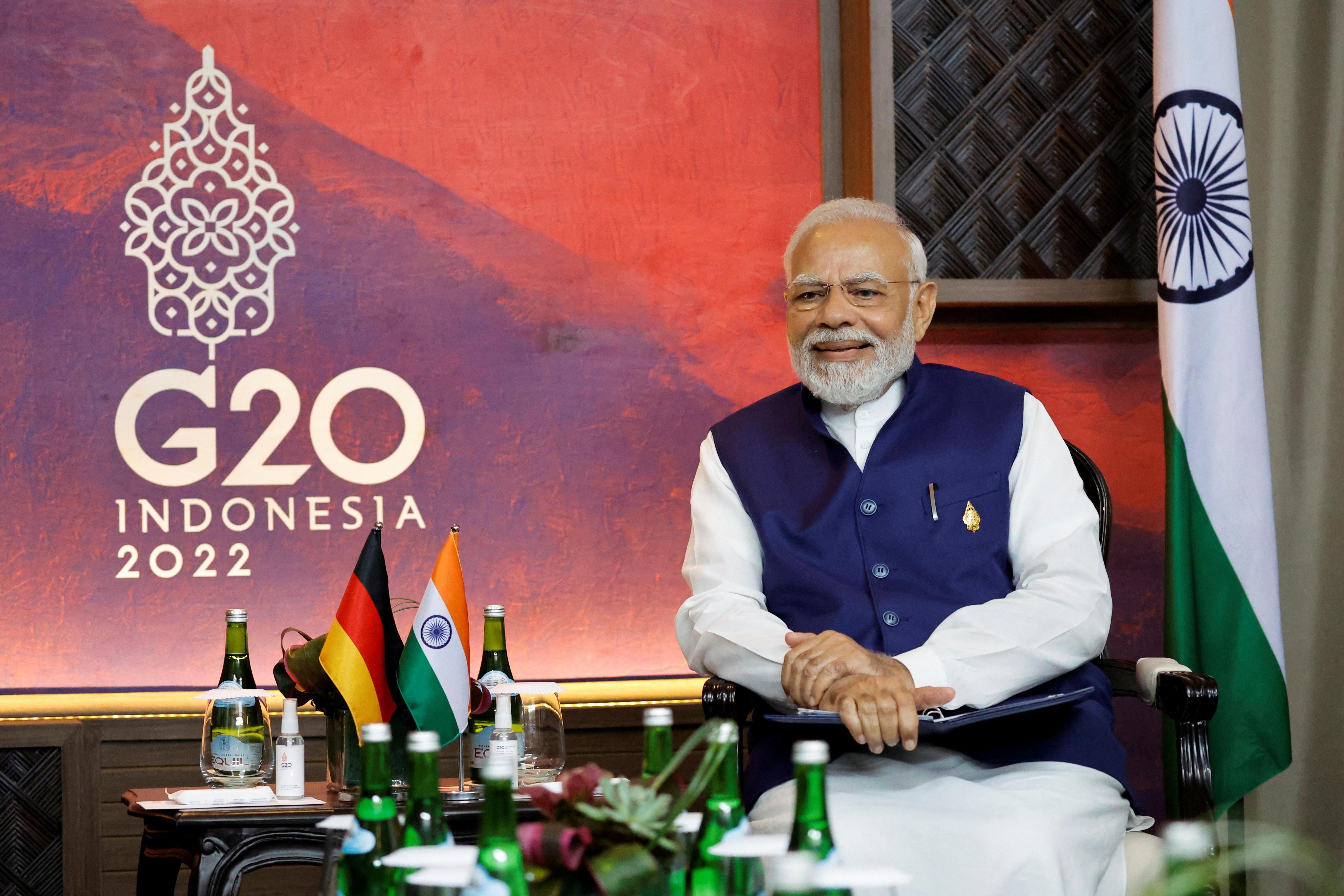3.79 million: About 3.79 million babies were born in the US in 2018, taking the annual birth rate to its lowest point in three decades. Births in the US have fallen in 10 of the past 11 years.
40: North Korea is now coping with its worst drought in nearly 40 years, according to state media. Drought creates food shortages and the potential for unrest, which might help explain why Kim Jong-un has returned to missile launches to win new economic concessions.
2 billion: In nominal terms, trade between the United States and Soviet Union in the late 1980s totaled $2 billion a year. Current trade between the United States and China is $2 billion a day.
0.26: When Theresa May is forced to resign as UK prime minister in coming weeks, the 120,000 members of the Conservative Party will choose a new party leader, and that person will automatically become Britain's prime minister. In this way, just 0.26 percent of the UK electorate will choose their country's next head of government.
